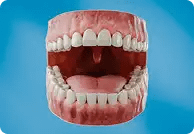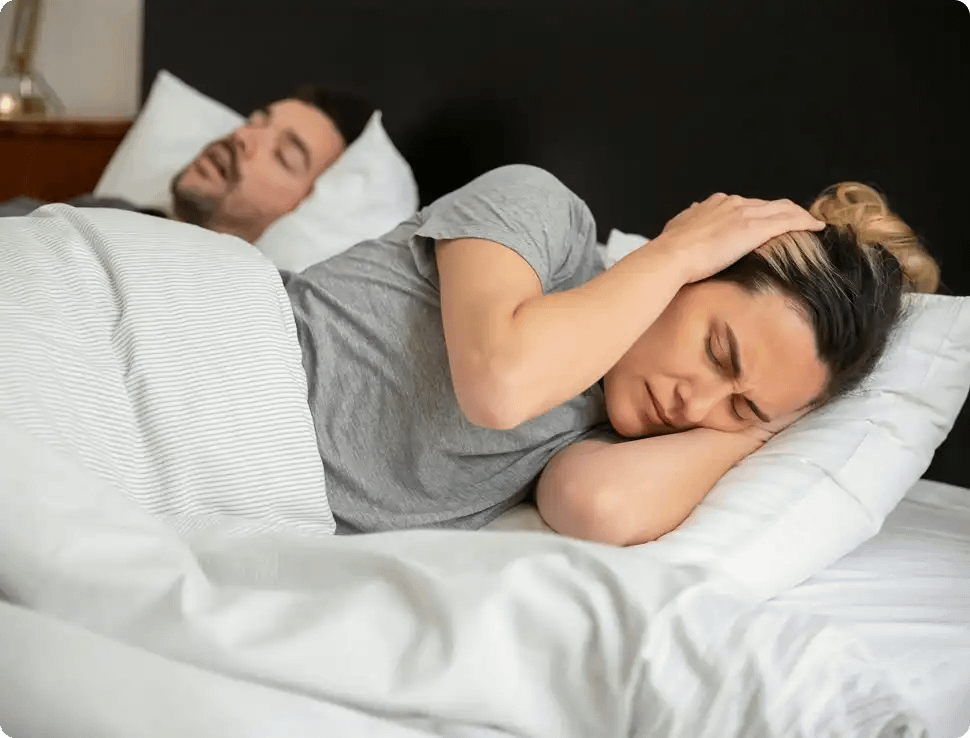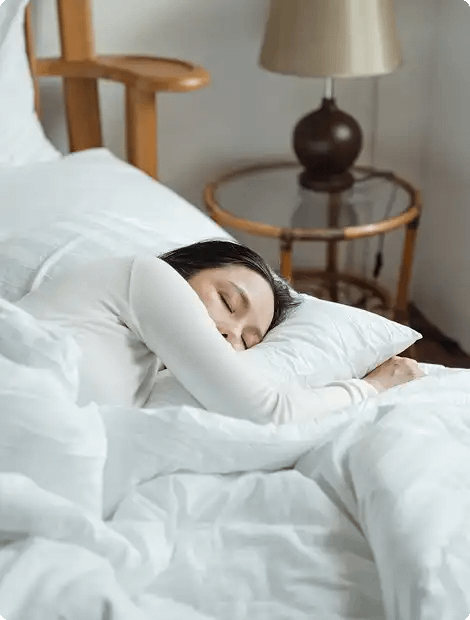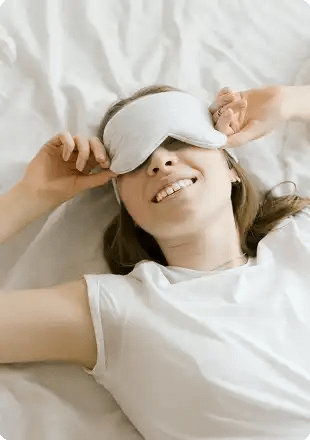Understanding Obstructive Sleep Apnea (OSA)
Obstructive Sleep Apnea (OSA) is a severe and common sleep disorder that impacts millions of individuals globally. OSA happens when the throat muscles at the rear end of the throat relax way too much while asleep, leading to a momentary shutdown of the airway. This blockage leads to brief pauses in breathing, disrupting sleep and preventing the body from receiving enough oxygen. Understanding OSA and its effects is crucial to managing the condition and improving overall health.
What is Obstructive Sleep Apnea?
OSA involves frequent disruption during sleep. These interruptions occur when the upper airway is partly or entirely obstructed, most commonly because the soft tissue in the neck relaxes. As a result, individuals with OSA may experience loud snoring, choking sensations, and periods of not breathing during sleep. These disruptions can lead to a lack of sleep, resulting in fatigue during the daytime, irritability, and other medical disorders.
Causes of Obstructive Sleep Apnea
Several factors contribute to the development of OSA, including:

Obesity
Excess fat in the neck can block airways.

Anatomical Factors
Large tonsils, adenoids, or a deviated septum.

Age
Muscle tone loss increases airway collapse.

Genetics
A family history of OSA raises the risk.

Lifestyle
Smoking, alcohol, and certain medications relax throat muscles.
Symptoms of OSA
The signs and symptoms of OSA can vary, but common indicators include:
Loud snoring – A common warning sign.
Breathing pauses – Often noticed by a sleep partner.
Choking/gasping for air – Sudden wake-ups due to airflow blockage.
Daytime fatigue – Poor sleep leads to drowsiness and reduced focus.
Morning headaches – A result of low oxygen levels at night.
Dry mouth/sore throat – Waking up with discomfort.

Health Risks Associated with OSA
If not treated, OSA can result in a multitude of severe health issues, including:

Heart disease & high blood pressure
Increased strain on the cardiovascular system.

Type 2 diabetes:
Poor sleep affects glucose metabolism.

Mental health issues:
Linked to depression, anxiety, and memory problems.

Weight gain:
Sleep deprivation disrupts hunger regulation.

Accident risk:
Fatigue impairs reaction time, increasing the likelihood of accidents.
Diagnosing OSA
The diagnosis of obstructive sleep apnea (OSA) typically involves a sleep study, also known as polysomnography. During this test, various parameters like heart rate, respiratory effort, oxygen saturation, and brain waves are recorded while asleep. At times, OSA diagnosis may be determined through a home sleep test. The tests determine the frequency and duration of the breathing pauses, and these are considered in deciding the mode of treatment.
Treatment Options for Obstructive Sleep Apnea
Effective treatment for OSA depends on the severity of the condition and the underlying causes. The treatment options we offer include:

Continuous Positive Airway Pressure (CPAP): This is the most common and effective treatment for moderate to severe OSA. A CPAP machine provides a continuous flow of air through a mask to keep the airway open while sleeping.
Oral Appliance Therapy: Oral Appliance Therapy is our treatment option. It is the best and most non-invasive alternative sleep apnea treatment. For those individuals who are intolerant to CPAP or have mild to moderate OSA, oral appliance therapy is an effective and comfortable non-invasive option. Custom-designed mouthpieces are worn to keep the airway open by repositioning the jaw or tongue while sleeping.
Lifestyle Changes: Weight loss, avoidance of alcohol and sedatives, and sleeping on the side can minimize the severity of OSA.
Surgery: In case the condition is severe or other treatment hasn’t worked, surgery may be employed. It may involve the removal of excess tissue in the throat or even moving the jaw to increase airflow within the airway.
Treatment Options for Obstructive Sleep Apnea
At apZme, we’re experts at diagnosing and treating sleep apnea and other sleep disorders. We specialize in Oral Appliance Therapy as the preferred, non-surgical option to CPAP for treating sleep apnea. We simplify your care with telehealth visits and home sleep testing with our apZme DX Device and local providers who are ready to assist you with Oral Appliance Therapy.
Obstructive Sleep Apnea is a serious condition that requires timely diagnosis and treatment. At apZme, we are committed to delivering the highest quality, patient-oriented care to individuals who suffer from sleep disorders. Through our non-surgical options, such as Oral Appliance Therapy and home sleep testing, we offer convenient alternatives to conventional CPAP therapy. By understanding the causes, symptoms, and risks of OSA, you can take control of your health and work towards better sleep and a better quality of life.

